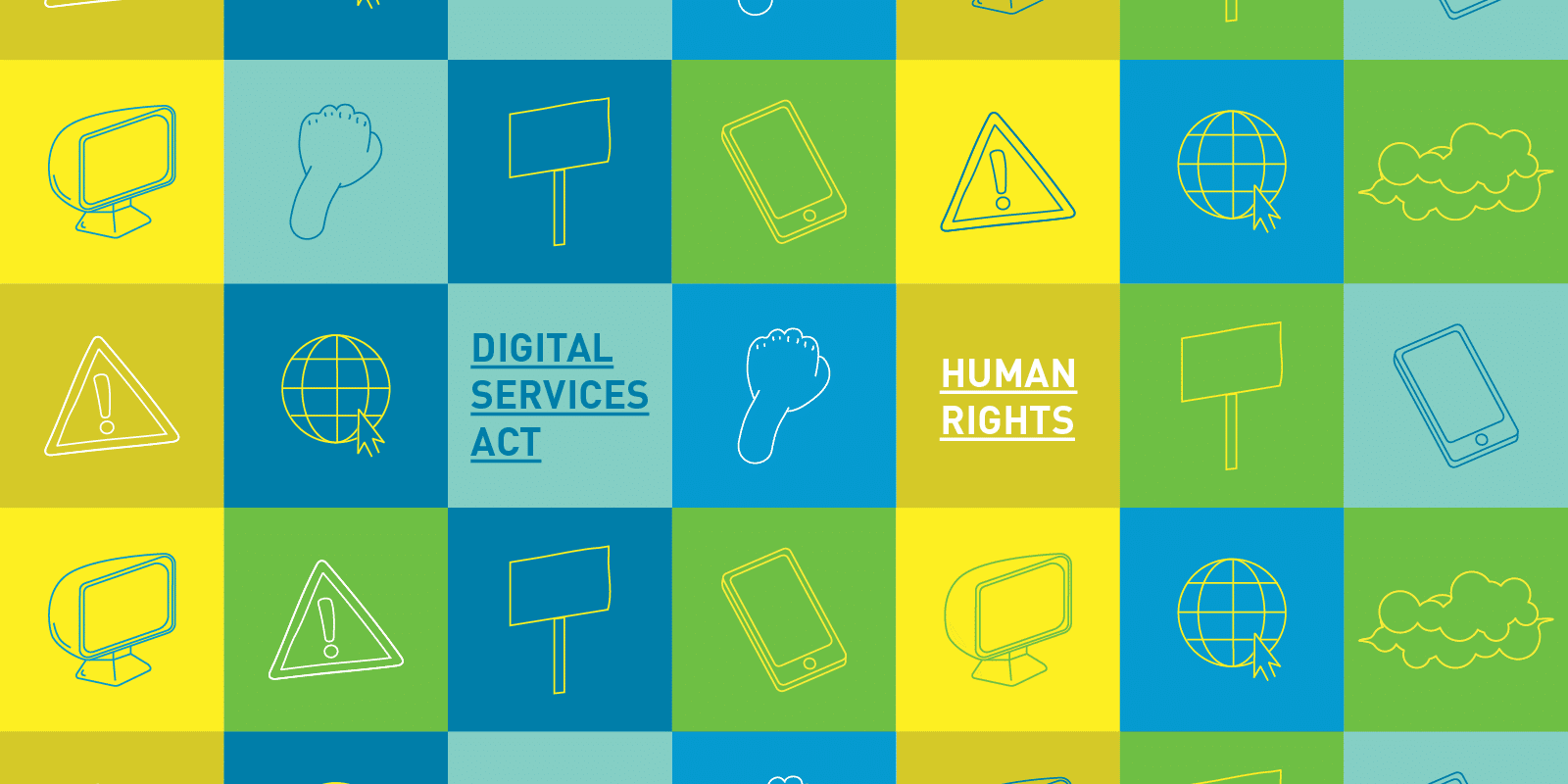In January 2022, the European Parliament adopted its position on the proposed Digital Services Act (DSA) — new regulations that will serve as an EU content moderation rulebook with potential to tackle illegal online content, make digital spaces safer, and protect people’s fundamental rights. The Parliament’s position is a positive step forward in the process of making the DSA law. It contains many important safeguards that Access Now have strongly advocated for, including:
- Prohibition of legally mandated upload filters in Article 7;
- Newly created measure against “dark patterns” in Article 13(a);
- Safeguards against over-removal of legitimate content in Article 14(3);
- Additional specific criteria to ensure meaningful transparency in content moderation and content curation, including a prohibition on using people’s sensitive data to target and amplify content, in Articles 13, 24, and 29; and
- Stronger wording in the risk assessment measures to ensure companies identify dangers stemming from a platform’s design and algorithmic systems before large-scale deployment, in Article 26.
The Parliament also resisted the push to include a so-called media exemption from these rules — a dangerous provision that would give content by media publishers privileged treatment and thereby foster the spread of disinformation online. As negotiations over the final shape of the DSA continue, it is essential that Parliament defends this solid position with potential to empower users, instead of allowing the private sector to continue escaping transparency and accountability.
To those outside the “Brussels bubble” the Parliament vote on the DSA might look like the end of the lawmaking process. In reality, we still have a road ahead before we see the final text.
Below, we explain where we are in the DSA negotiations and what is coming next. We also highlight how the positions of the three main negotiators — the European Parliament, the Council of the European Union, and the European Commission — differ, providing hints as to what to expect.
The trilogue: “Three rings for the three lawmakers under the sky”
Trilogues are the last phase of negotiations for most EU legislation. At the beginning of every trilogue negotiation in the EU, the three European institutions put forward three positions s: the original draft law proposed by the European Commission, the position negotiated and adopted by the European Parliament, and finally, the “general approach” of the Council of the EU that represents the compromised position of the 27 EU Member States. These three documents serve as the starting point of negotiations that will eventually culminate into the final compromised version of the law. Each body holds a negotiation mandate and has its own set of priorities it will attempt to achieve.
Let’s look at some of the core articles in the DSA aimed at protecting fundamental rights, and see how the position of the three institutions compare:
Human rights safeguards under negotiation for the DSA: comparing the three texts
What’s next for the DSA?
As you can see in the table above, the Parliament has added important protections for fundamental rights in the DSA that we hope to see confirmed in trilogue. As we continue engaging with all institutions to protect these safeguards, we would like to see further improvements. The DSA can:
- Empower independent judicial authorities to provide oversight regarding who has access to users’ data, and under what circumstances;
- Protect online anonymity, the ultimate precondition for people’s online safety;
- Disallow tools that endanger people’s safety and result in discriminatory treatment, such as a requirement for a double opt-in email and cell phone registration;
- Include better safeguards to ensure the independence of trusted flaggers;
- Improve risk assessment by proposing practical measures for identifying dangers stemming form platforms’ systems and operations; and
- Ensure that the future DSA enforcement works in practice, and is truly independent from any public or private influence.
France is currently presiding over the Council of the EU and therefore leads legislative negotiations on the behalf of Member States. It has set the ambitious goal of concluding the trilogue negotiations in six months. Given the complexity and scope of the DSA proposal, such a short timeline is rather worrisome and could result in missed opportunities. The DSA promises to create a rights-respecting counterbalance to the influence of powerful private players that have long evaded both public scrutiny and real accountability. It’s time for the EU to make people, not profits, the top priority.
